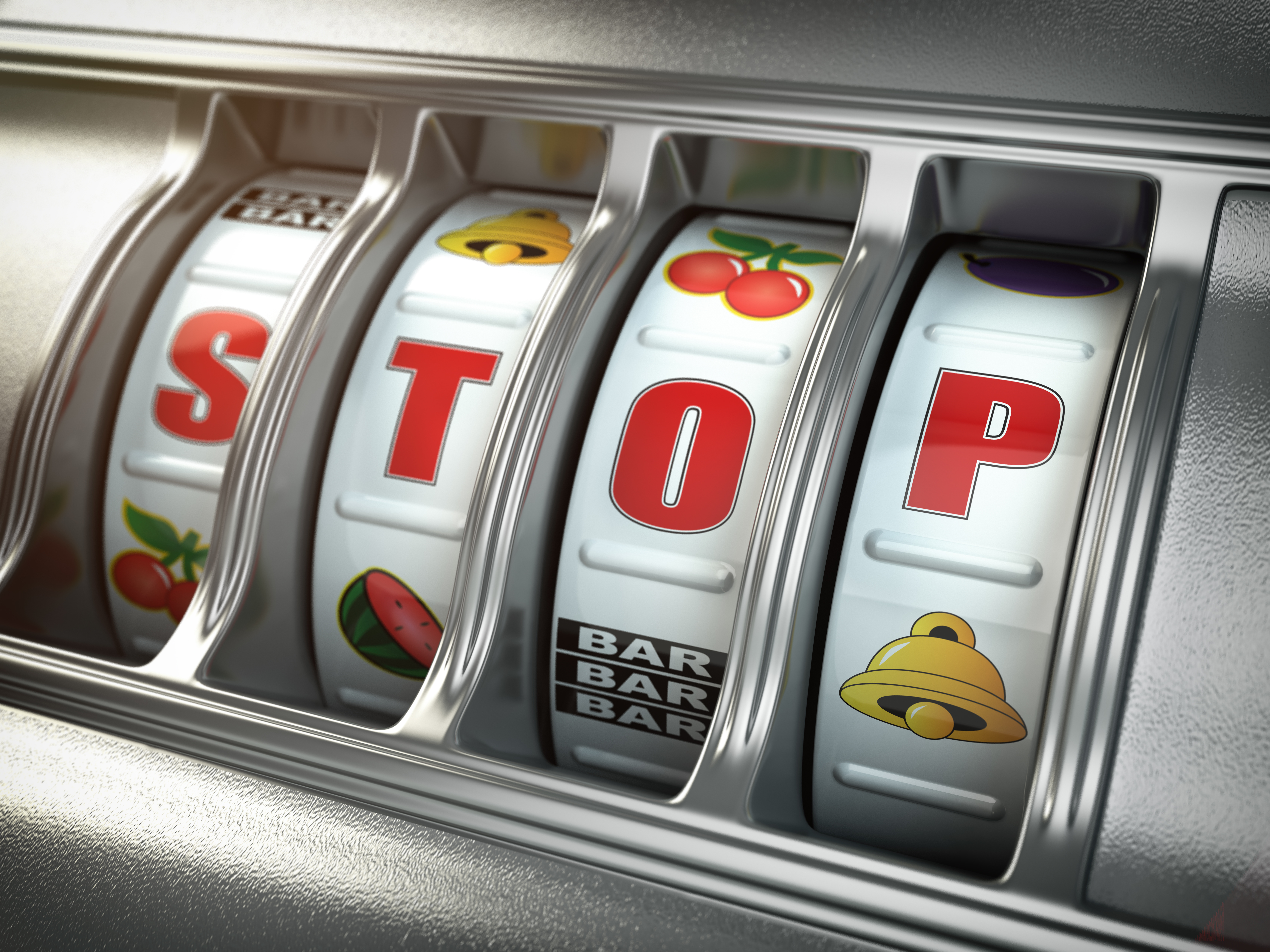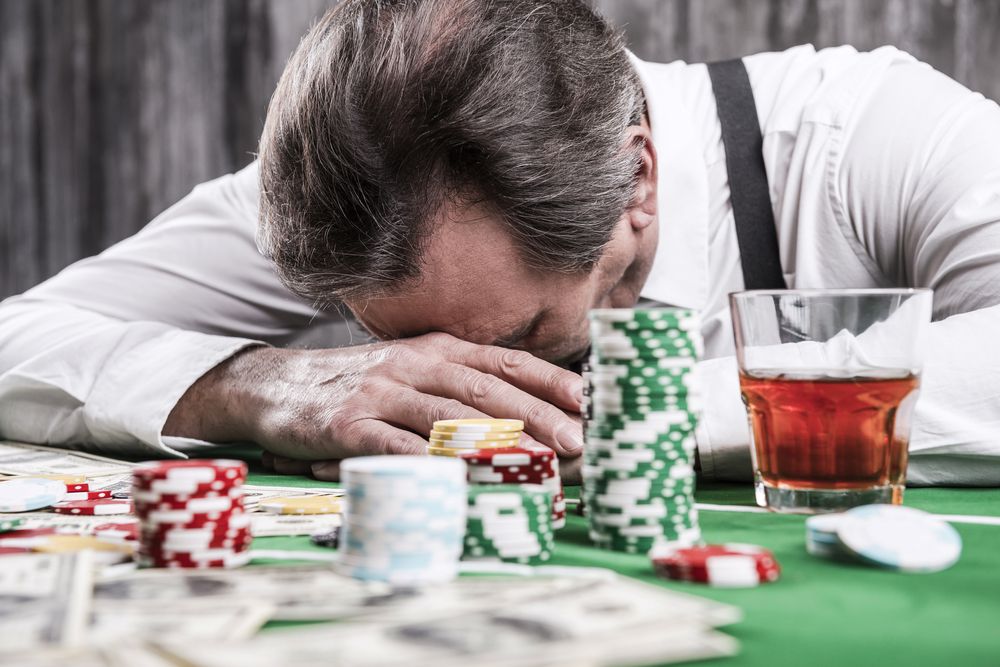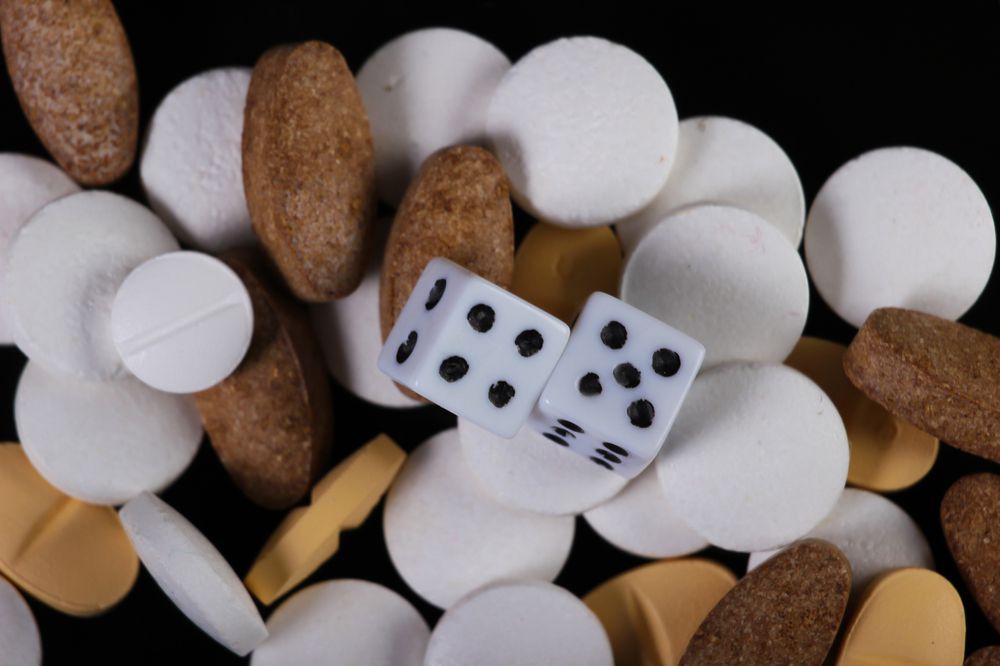The symptoms of gambling addictions are easy to spot — if you know what to look for. Gambling troubles can fall on anyone from any side of life. Typically, gambling often starts from an enjoyable, harmless deviation to a dangerous obsession with severe consequences. Whether your bet is in a casino or online gambling, addiction will affect your lifestyle negatively.
Severe gambling addiction can ruin your relationships, result in financial trouble, and meddle with your work. It can go as much as meddling with your psychological state of being. For example, you may prefer to take a huge debt or even steal money just to gamble.
Prevention is better than cure. This is why understanding the symptoms of gambling addictions can help you prevent it. Although there are different causes of compulsive gambling, they all burn down to you not being able to stop. If you understand the signs and you’re able to curb it early, then you can easily beat it.
Are you or a loved one struggling with compulsive gambling problems? Explore the symptoms and treatment for gambling addictions.
What is a Gambling Addiction?
Gambling addiction is a mental wellbeing issue known as one of several types of impulse-control problems. Also, it has various similarities to obsessive disorder. Gambling addiction is even more identical to various prevalent addictive disorders.
Ultimately, people with this disorder may engage in different types of games available for gambling. Playing poker, roulette, gambling on sports, or slot machines are some of the few activities of a compulsive gambler. Notably, the choice of venue for each individual with compulsive gambling differs. While some prefer casino gambling, the amount of internet gamblers continues to increase.
Furthermore, some obsessive gamblers may involve in tricky stock market investments. Also, gambling addiction can be referred to as pathological gambling or compulsive gambling.
Although men tend to suffer more from pathological gambling, women also experience the same problems. Additionally, men often develop this compulsive disorder in their early teenage years. Women, on the other hand, often develop the condition much later.
Nevertheless, the issue in women usually becomes worse at a faster rate than that of men. Also, there are other gender-biased contrasts in gambling addictions between men and women.
For instance, men can be more addictive to interpersonal games like football betting, roulette, etc. Meanwhile, women tend to involve more in bettings that are least interpersonal such as bingo, slot machines, etc.
What Are The Symptoms of Gambling Addiction?
Gambling addiction or compulsive gambling is a hidden illness with no clear physical symptoms or signs. Unlike regular alcohol or drug addiction with obvious symptoms, people with a gambling addiction may not be aware of their condition. Also, gamblers tend to minimize or deny the problem more — even to themselves.
Similar to other addictions, the most significant sign of compulsive gambling is not being able to stop. Generally, when you feel you cannot stop doing something even when it’s hurting, you’re already addicted. When you feel like you need to try just one more time. Or when you feel nervous whenever you think about quitting.
When you undergo such traits, you may be suffering from compulsive gambling disorder. In cases like this, the best course of action may be to get treatment for gambling addiction in Toronto.
Usually, gambling addiction can come in different forms — either via underlying family problems or financial issues. It can also occur when you have an addictive personality sensitive to compulsive behaviour. Other fundamental symptoms of gambling addictions include emotional and physical symptoms.
Below are a few emotional symptoms of gambling addictions:
- Defensiveness
- Anxiety
- Losing time track while betting
- Using gambling as a stress reliever
- Sour or indifferent unresolvable issues and feelings
- Memory issues
- Poor judgment and guilt feeling
- Depression, boredom or a desire to pass time
- Mood swings
- Becoming more aggressive, increase irritability level or temperament etc.
Physical symptoms of gambling addiction include:
- Gambling even when you’re not financially capable of doing so. You don’t care about your financial status when it comes to gambling.
- Gambling for a longer period than necessary. You keep wanting to play more and more without stopping.
- Becoming obsessive with gambling thus losing interest in other activities including your relationships
- Borrowing or stealing money just to gamble away everything
- Avoiding relationship with friends and family
- Being unable to stop thinking about the next bet
- Placing a bet with more amount of money hoping to achieve higher returns
Related article: What are the Dangers of Gambling Addiction?
Gambling Addiction – Treatment Options
Generally, it’s essential that you completely quit gambling once you begin your treatment. This is because being occasional gamblers may lead to relapse. Below are a few options that answer how to treat gambling addictions:
Through Medications
Using antidepressants and mood stabilizers can help lessen the illnesses and symptoms of gambling addictions. Also, some antidepressants can help you resist the urge to gamble. If you’re a compulsive gambler, using narcotic antagonists can help you reduce the symptoms.
Through Therapy
This can be in the form of cognitive-behavioural therapy (CBT). Behavioural therapy is commonly used to treat phobias, anxiety disorders, depression, and other mental disorders. However, it is also useful in treating drug, alcohol and other addictions.
This is particularly true when it’s a part of a complete addiction recovery program. Generally, behavioural therapy will help with gambling addiction recovery by reforming the way you think or feel about gambling.
Through Self-help Groups
Addiction self-help groups allow people to share different addiction experiences and also help each other. Various groups can help someone with an addiction. The self-help group is one of them.
Self-help groups help obsessive addicted people with co-occurring psychological conditions such as depression, anxiety disorders and more. Also, some people find it supportive speaking with others in the same situation. This boosts their self-esteem and also enhances their recovery process.
Conclusion
Generally, gambling addiction can be hard to stop, just like any other addiction. You may find it difficult to admit that you have a problem. This is exceptionally true because most people who gamble socially never complain of an addiction.
However, once you recognize the signs you have the symptoms of gambling addictions, it’s better to seek help immediately. Defeating the embarrassment or shame that you feel because of addiction is a significant step towards recovery.
Also, a therapy session, medication, one-on-one counselling, or self-help group can help you overcome gambling. Be aware that failure to treat gambling addiction may result in financial problems and ruin your lifestyle.
So, why not get addiction treatment help for compulsive gambling in Toronto? Here at Addiction Rehab Toronto, we offer professional gambling addiction recovery programs in Toronto. Check out our addiction treatment services for compulsive gambling!
Related article: How to Prevent Gambling Addiction Relapse








